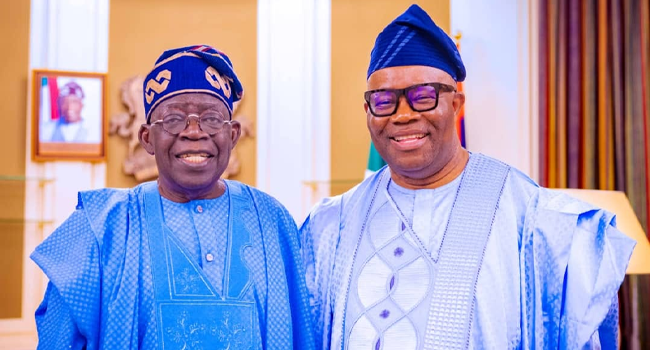Tunji Alausa
Tunji Alausa, the education minister, has opposed a bill seeking to establish a federal college of entrepreneurship and skills acquisition in Borno state.
Alausa’s position was outlined in a memorandum presented on Thursday.
The minister was at a public hearing organised by the house of representatives committee on federal polytechnics and higher technical education on the establishment of the college.
He said the lawmakers should prioritise allocating funds to effectively operate existing colleges, rather than create new ones.
Advertisement
“The ministry reaffirms the federal government’s policy on citing federal institutions equitably across states,” Alausa said.
“This policy ensures that no state hosts more than one federal polytechnic at a time while guaranteeing that every state has at least one such institution.
“Currently, all states except Sokoto and the FCT are engaged in this initiative.
Advertisement
“Therefore, the ministry urges the distinguished members of the green chambers to prioritise resource allocation towards the successful take-off of already established institutions rather than initiating new ones.”
Alausa noted that the ministry has streamlined and expanded avenues for establishing private tertiary institutions.
He said states and individuals are encouraged to leverage this opportunity to contribute to national educational development.
Alausa said, given prevailing funding constraints, the ministry recommends suspending further action to establish the skills college.
Advertisement
Usman Balami, the bill’s sponsor, said the college, when established, will address youth unemployment.
He said creating the institution is vital to equipping youths with a “diverse range of skills” essential for self-employment and economic independence.
“In our rapidly changing job market, possessing a varied skill set is crucial for success and adaptability,” he said.
“The college will effectively bridge the gap between theoretical knowledge and practical application, ensuring that graduates emerge ready to meet workforce demands.”
Advertisement
Fuad Laguda, chairman of the committee, said if the bill is passed into law, Nigerians are poised to acquire skills in social sciences, art, humanities, technology, science, entrepreneurship, vocational and technical education.
Advertisement







